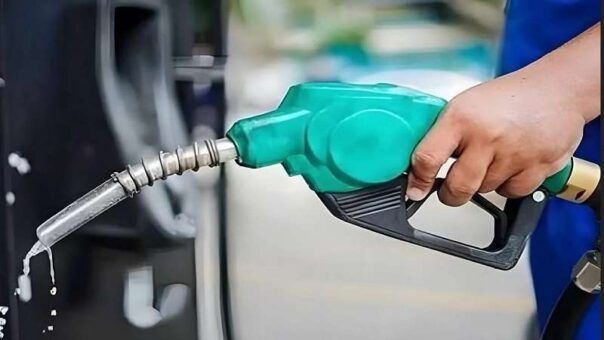Pakistan is poised to deregulate petroleum prices in response to concerns raised by the oil industry regarding the influx of smuggled oil products and the escalating fuel prices, according to recent reports.
A research report released by Arif Habib Limited, citing media reports, indicated that the government was gearing up to implement the deregulation of petroleum prices, a move that had been anticipated earlier. The report, previously released on March 6, 2024, had hinted at the government’s intentions in this regard.
Presently, the government’s role is limited to announcing fortnightly fuel prices, determined by the Oil and Gas Regulatory Authority (OGRA), to reflect fluctuations in the international market and exchange rates, and to account for the Interim Foreign Exchange Mechanism (IFEM) for consumers.
In response to the impending deregulation, the petroleum division has directed OGRA to conduct an analysis of the implications of deregulating petroleum products within the next three days.
Under the proposed framework, OGRA and the Competition Commission of Pakistan will assume more significant roles, albeit with their current limited capacities, in ensuring product quality, availability, and fostering a competitive environment to prevent market collusion.
The deregulation of petroleum prices would also extend to the IFEM mechanism, resulting in considerable variations in prices within cities and among oil marketing companies (OMCs). Consumers residing near ports and refineries stand to benefit from lower product prices, while those located farther away may incur higher costs. Price differentials could range from PKR 3.00/ltr to PKR 10.00/ltr, depending on actual transportation expenses.
Amidst the anticipated deregulation, Attock Refinery Limited (ATRL) stands poised to capitalize significantly. Situated in the northern region, specifically in Morgah, Rawalpindi, ATRL is expected to capture a substantial portion of freight charges through the IFEM levied by other OMCs for delivering fuel to the demand center in Punjab. This development is anticipated to significantly bolster ATRL’s Gross Refining Margins (GRMs).
Assuming a weighted average IFEM on Motor Spirit (MS) of PKR 9.50/litre (comprising 30% via White Oil Pipeline (WOPP) with a tariff of PKR 3.66/litre and 70% via bowsers with a tariff of PKR 12/litre) and on High-Speed Diesel (HSD) of PKR 2.78/litre (100% via WOPP), ATRL could potentially witness an incremental annualized earnings impact of PKR 55.49/share due to IFEM savings.
The impending deregulation of petroleum prices marks a significant policy shift aimed at addressing industry concerns and fostering a more competitive market environment. However, its full implications and effects on consumers and industry players alike remain to be seen as the regulatory landscape undergoes transformation.
